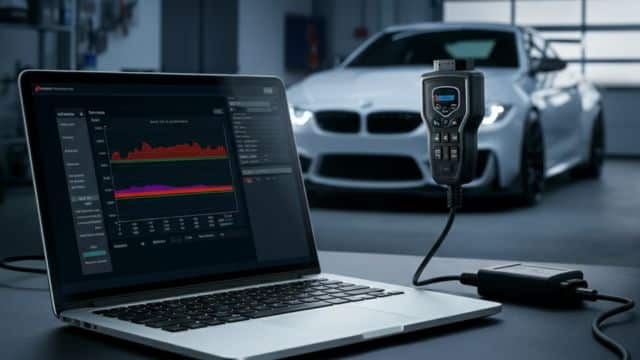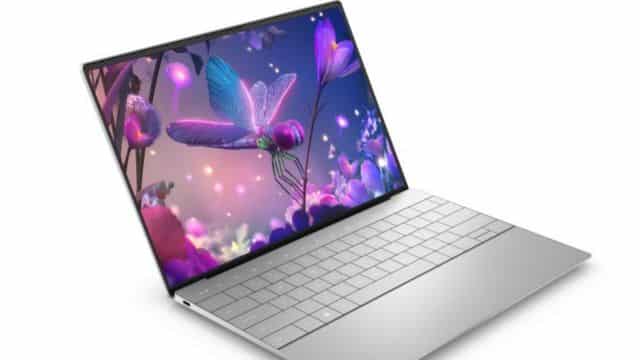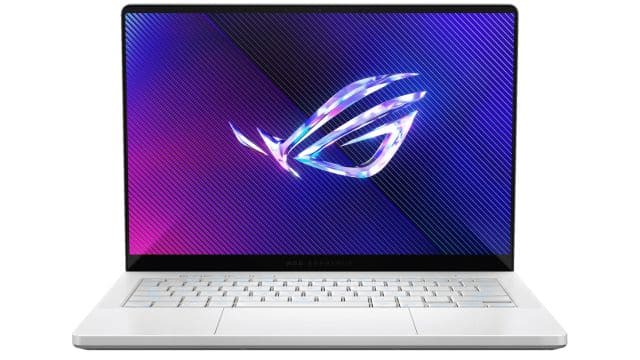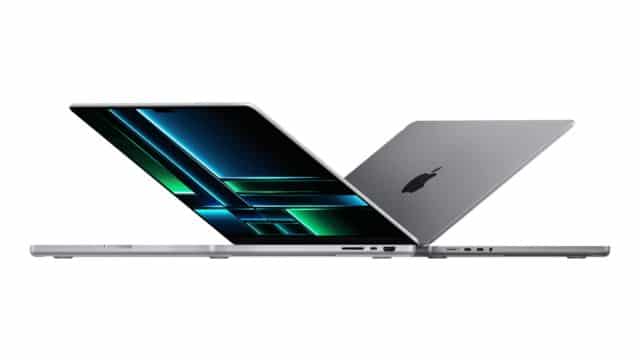Tuning cars does not simply mean getting your hands dirty under the hood; it requires having the right technology. Modern car tuning relies on powerful software capable of running ECU modifications, unlocking performance metrics, and loading engine efficiency tuning scripts.
Whether you work with fuel maps or use every fragment of horsepower, the laptop you utilize can either optimize or ruin the job. This guide highlights key specifications to pay attention to, and compiles the best laptops for tuning cars in 2025. No matter your experience level, we’ve got you covered.
Not every type of laptop will suit the complexity of car tuning software. You will want a laptop that is fast, dependable, and compatible with your intended applications. If you ever bring your work to the field or have a mobile workshop, things like battery life and laptop sturdiness come into play just as much as hardware performance.
What To Consider When Choosing A Car Tuning Laptop
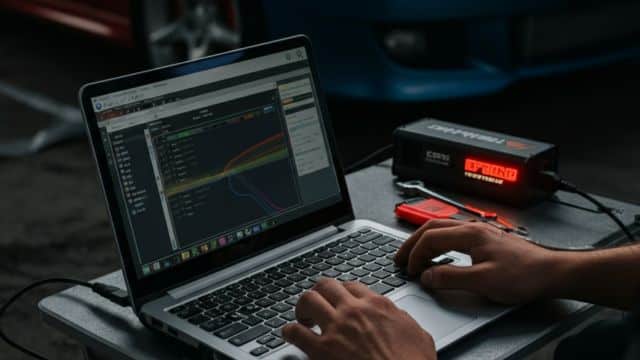
Selecting the best laptop for car tuning requires paying attention to details that guarantee fast performance and reliability. A few areas to focus on include:
- Processor (CPU): Intel Core i5 and i7 as well as Ryzen 5 or 7 will do. These can capture demanding software and will allow for multitasking.
- RAM: 8GB is attainable, but ideally, someone planning for the distant future would want 16GB.
- Storage: Quick loading of software and even faster boot times require an SSD. At least 256GB is preferred, but 512GB is even better.
- Ports: A number of tools such as OBD2 readers and many others frequently need to be plugged into the computer, thus having more than one USB port is mandatory.
- Build Quality: Check to make sure that the build is rugged, especially if it is being carried around different garages or workshops.
Read More : 6 Best Laptop for SolidWorks in 2025: Top Picks for Every Budget
Car Tuning Laptops Requirements
Checklist of Laptop Requirement Specifications:
- Laptop Processor: Select one from either Intel Core or Ryzen 5/7
- Laptop RAM: At least 8GB. Ideal would be 16GB.
- Laptop Storage: An SSD of 256GB
- Connectivity: Multiple USB slots
- Battery Life: Not less than 6–8 hours
- Sturdiness: Preferably Rough and Tough
Best Laptops for Tuning Cars
We have prepared a list tailored to tuning cars ranging from a beginner to advanced level:
1. Dell XPS 13
- Laptop Processor: Intel Core i7
- RAM: 16GB (expandable)
- Storage: 512GB SSD
Why it is great? Its lightweight, easy to carry, and has great storage plenty of power enabling the use of complex programs like HP Tuners or ECU Manager to be used with ease without slowing the computer down. The exceptionally sharp display makes it easier to observe the detailed performance data.
Pros and Cons: Considers the Dependable range TekRAMMHz positive use in everything while high onMSMIC remains a notche MSD visual feature.
2. Lenovo ThinkPad X1 Carbon (Gen 11)
- Laptop Processor: Intel Core i7
- RAM: 16GB (expandable)
- Storage: 1TB SSD
Why it’s great: Most rugged, it’s perfect for mobile workshops. They are dependable, rough rugged built Lenovo computers and fit the description of work needed for tuners.
Pros and cons: Heavily built and weighs ever so slightly lower than these stable specs might be hard car enthusiasts.
3. ASUS ROG Zephyrus G14
- CPU: AMD Ryzen 9
- RAM: 16GB
- Storage: 1TB SSD
Why it’s great: Made for a gamer, but it can also suit a car tuner’s passions with its speed. If you’re tuning multiple programs at the same time, the device can handle multitasking pretty smoothly.
Pros: Amazing performance, lightweight design, and vivid display.
Cons: Heavy users may experience shortened battery life.
4. Microsoft Surface Laptop 5
- CPU: Intel Core i7
- RAM: 16GB
- Storage: 512GB SSD
Why it’s great: The slim profile paired with an attractive design and stoking internals makes it a very powerful device. Quick data annotation and graph reviewing can be done fast with the touchscreen.
Pros: Impressive design, strong battery life, and flexibility.
Cons: Don’t expect any additional USB ports as they are limited which will require a hub.
5. HP Pavilion 15
- CPU: Intel Core i5
- RAM: 8GB
- Storage: 512GB SSD
Why it’s great: It has a reasonable price tag but offers great performance for new users looking to get into tuning. It serves as a beginner laptop for aspiring car tinkerers.
Pros: Great price and respectable performance.
Cons: As with any budget offering, the durability of the build doesn’t lend itself to long-term use.
6. Apple MacBook Pro 14 (M2 Chip)
- CPU: Apple M2 Pro
- RAM: 16GB
- Storage: 512GB SSD
Why it’s great: The MacBook Pro M2 is the fastest Apple laptop yet, and it runs heavy programs smoothly. If you prefer macOS for your tuning software, this is one of the best options.
Pros: Unmatched battery performance, superb display, and powerful performance.
Cons: macOS’s limited compatibility remains an issue and high costs.
Precautions Against Using Any Random Laptop for Tuning
Using an unreliable or slow-performing laptop for car tuning can be very inconvenient, but when it comes to the wellbeing of your vehicle, this becomes outright dangerous. Ideally, when you are flashing an ECU or running diagnostics, a software crash can ruin the entire process. Even worse, an incomplete flashing session can end up rendering your car unusable by completely debilitating the functionality of the vehicle’s system.
At first glance, a cheap laptop may appear to be an alternative to cut costs, but delays, errors, and loads of aggravation make it an undesirable option. As most tuning programs operate in real-time, interact with delicate systems of the vehicle or require a refreshingly quick response time for controlled processes, reliability and responsiveness become important parameters to consider when selecting a laptop.
Fundamental Software Required For Tuning Cars (Along with Laptop Specifications)
HP Tuners:
- Minimum Specifications: Core i5, RAM 8GB
- Recommended: Core i7, RAM 16GB
ECUFlash:
- Minimum Specifications: Core i5, RAM 4GB
- Recommended: Core i7, RAM 8GB + SSD 256GB
RomRaider:
- Minimum Specifications: Core i3, RAM 4GB
- Recommended: Core i5, RAM 8GB
Tools You May Want
- Adapters OBD2: USB or Bluetooth variants like Veepeak and BAFX.
- External SSD: Save your ECU tunes and parameter logs.
- Cooling Pad: Prevent overheating during heavy tuning.
- Portable Power Bank or Car Power Inverter: For outdoor tuning sessions.
Frequently Asked Questions
Is it possible to use a Chromebook to tune a car?
No. Most car tuning programs are designed for use in a Windows or macOS environment, which makes accessing them on a Chromebook impossible.
Is a powerful laptop required for ECU tuning?
This varies depending on the software being used and the files’ sizes. Most mid-tier laptops can handle basic tuning without any problems. However, advanced and more complex tasks require higher-spec systems.
Which software do you prefer for car tuning?
ECU Manager, VersaTuner, and HP Tuners are some of the most popular. Ensure that your laptop meets the software’s system requirements in advance.
Conclusion
One of the key things to note from this article is that if you are a professional tuner, or just an enthusiast, a laptop is something that a tuner must have and be well-versed with. Consider your budget, how often you will tune on the go, and what software you will be using.
Be it the well-cherished Dell XPS 13 or equally loved but cheaper Acer Aspire 5, there is a laptop for all. Remember: the best performance comes when there is complete focus on achieving precision and unrivaled dependability. Your automobile tune-up projects will outperform the purr of your engine after it’s optimally tuned.
Read More : 10 Best Budget Laptops for Linux in 2025 – Tested & Linux-Friendly
